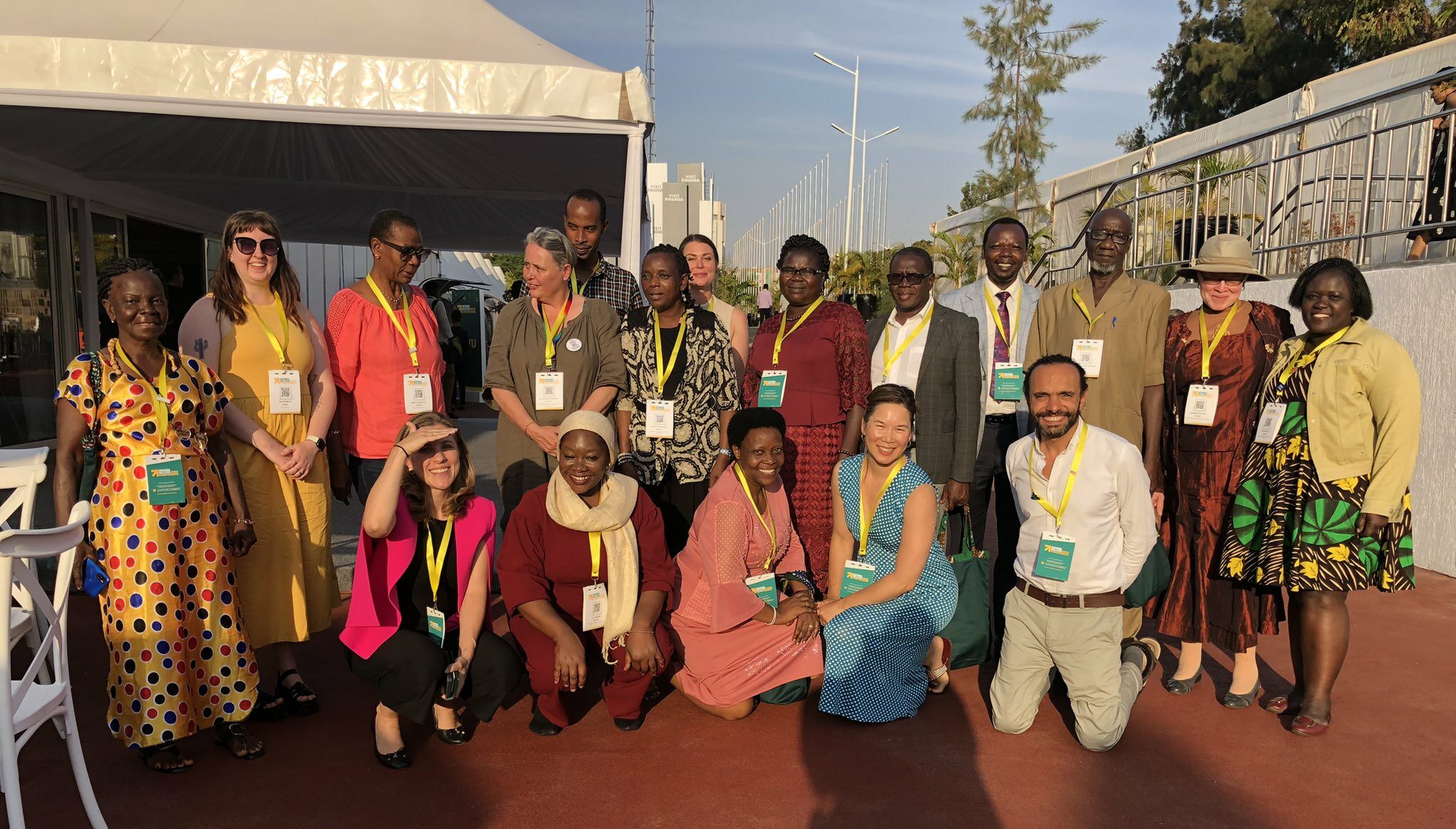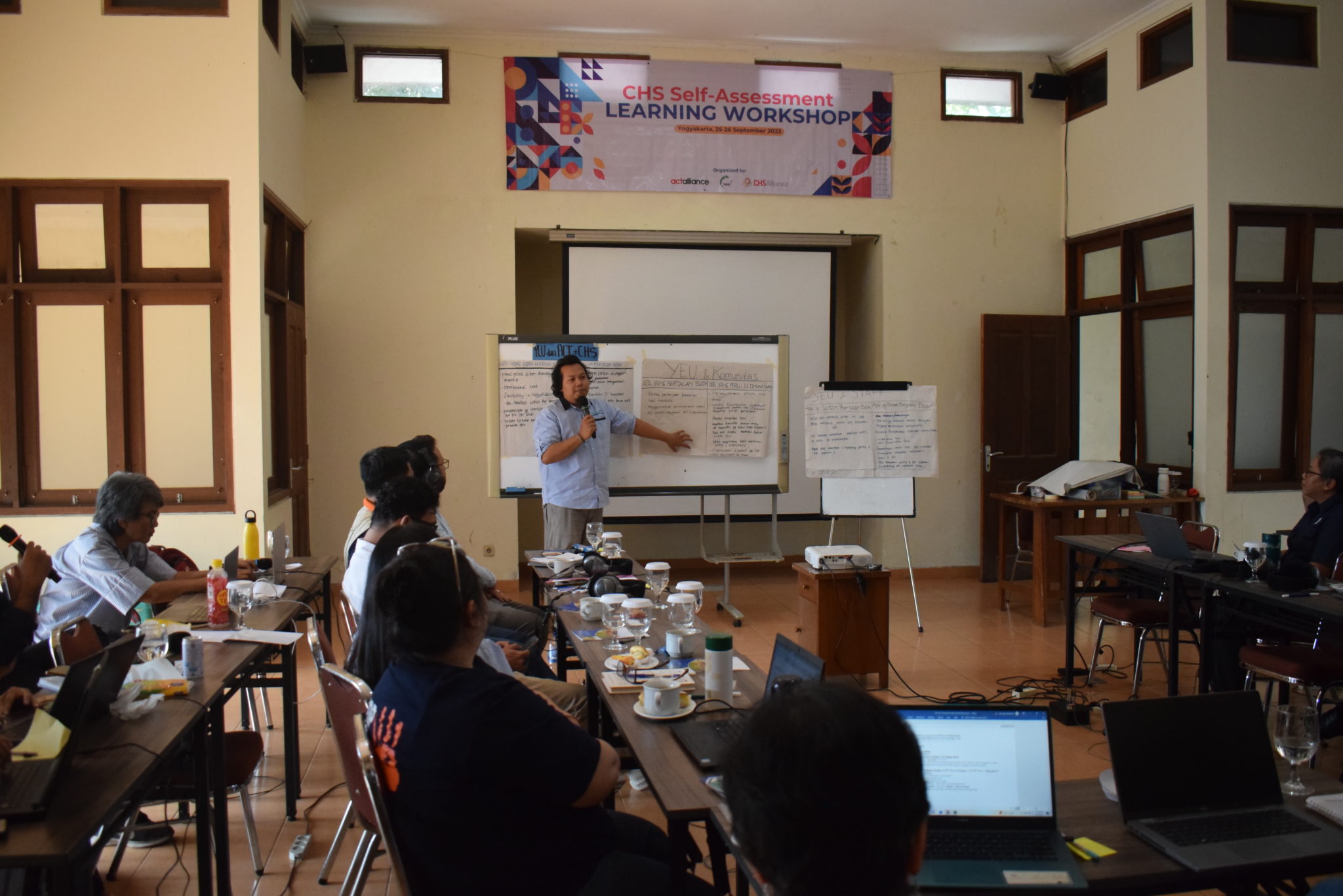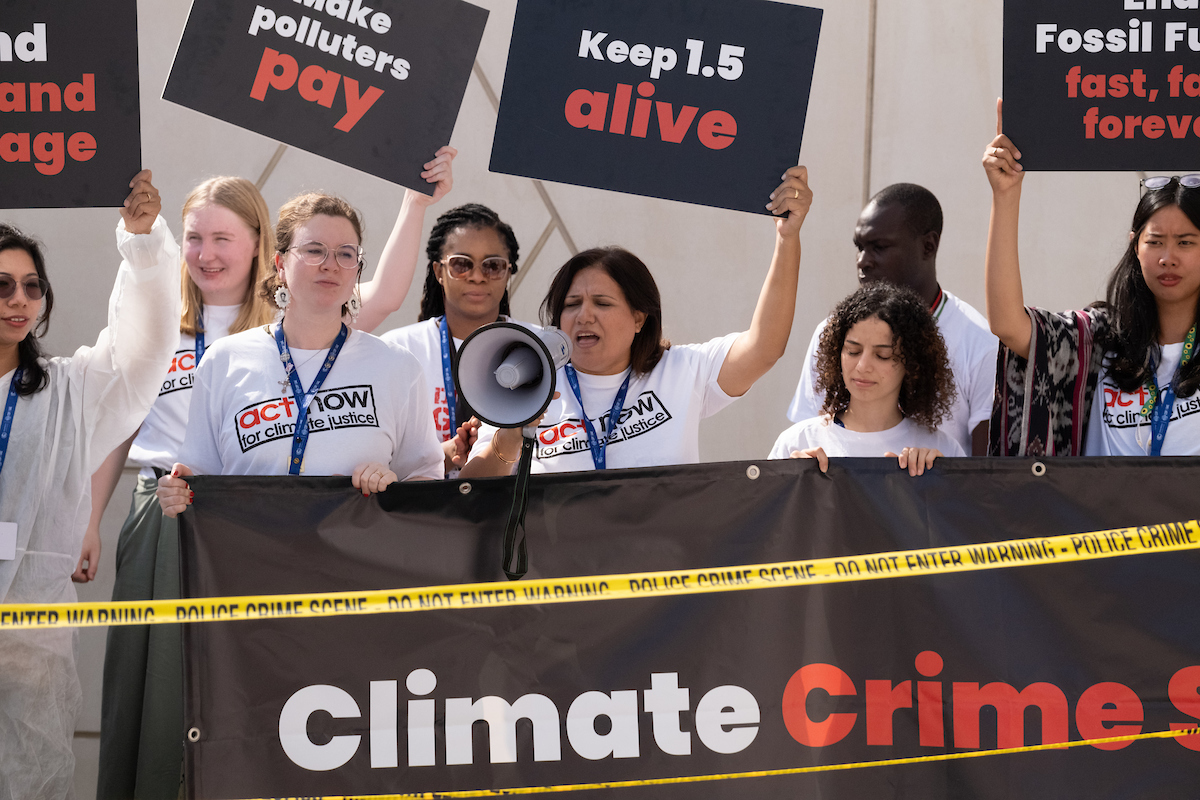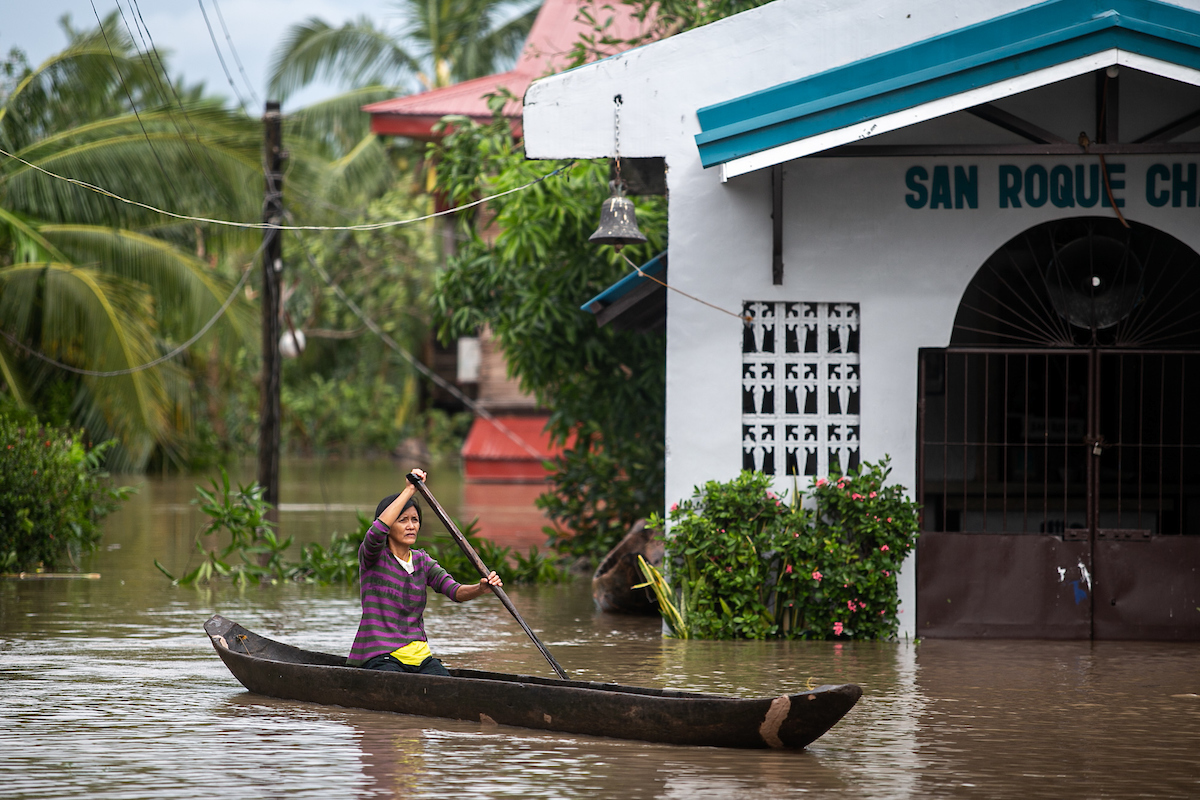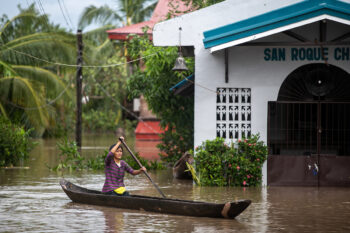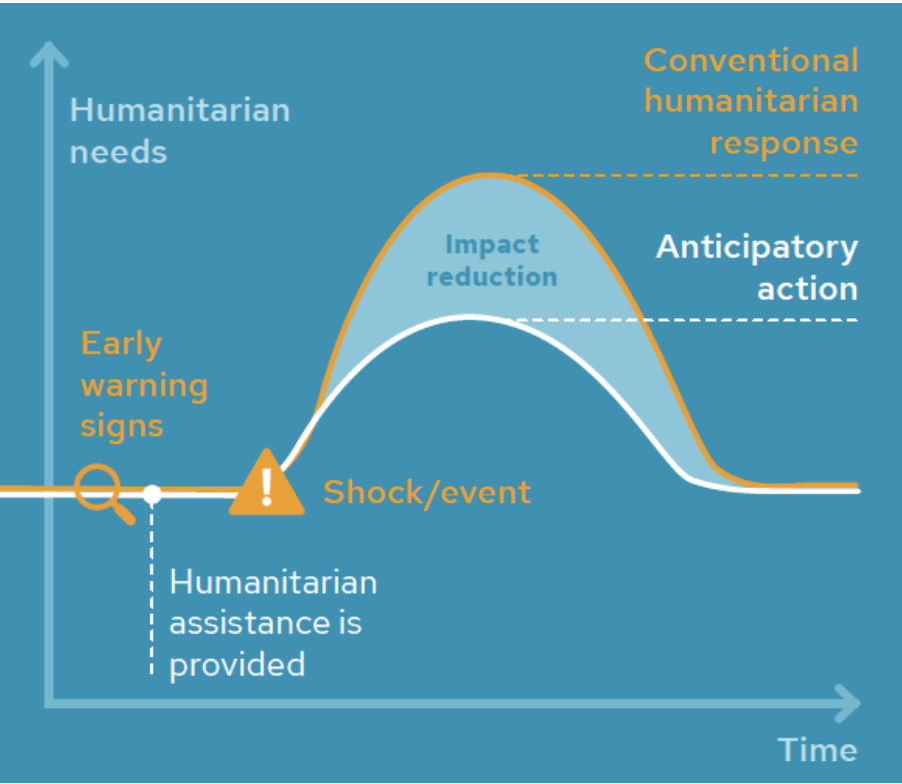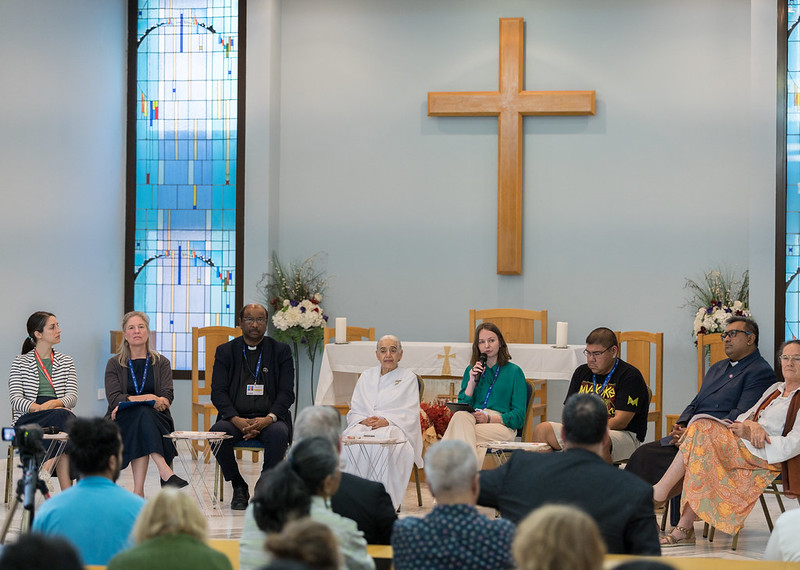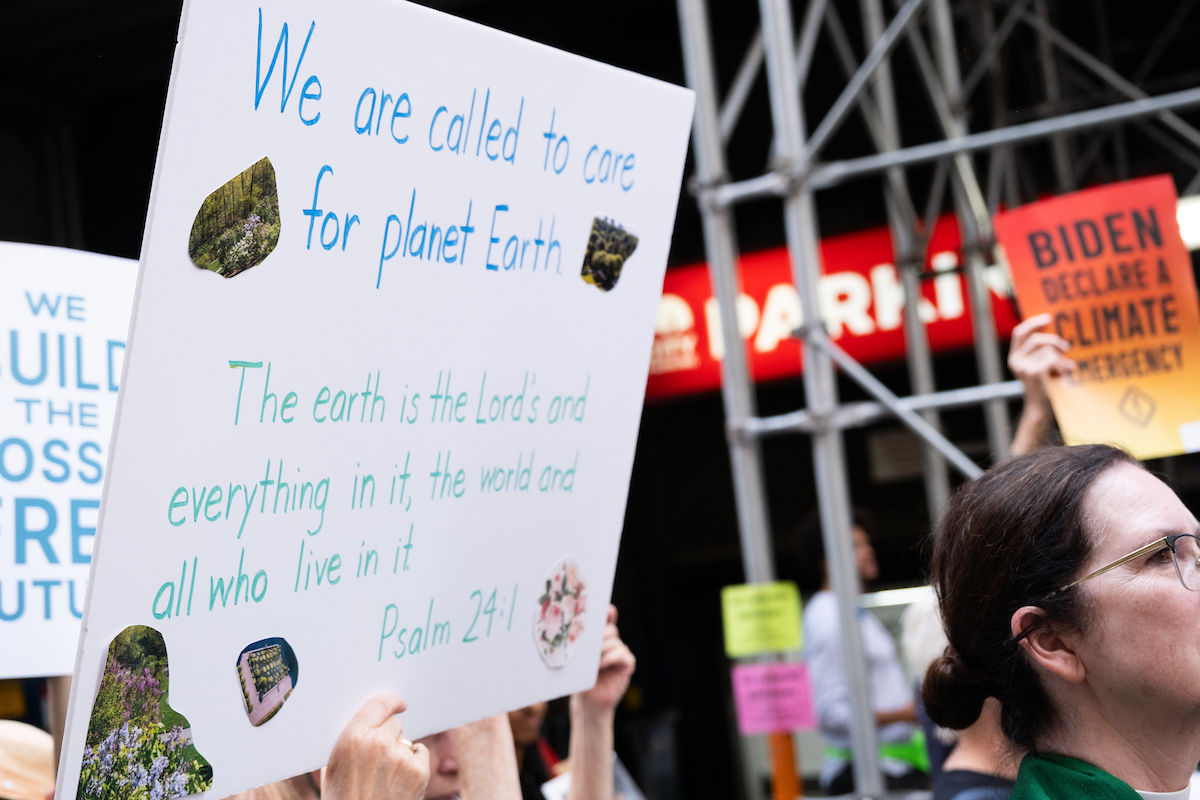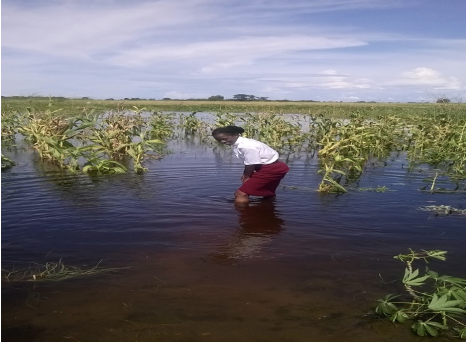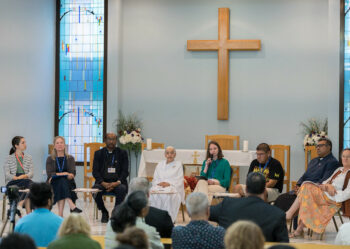Author: Rizwan Iqbal | Global Accountability and Safeguarding Coordinator, ACT Alliance
Uganda, a country known for its generous approach towards refugees, has been a safe haven for thousands fleeing conflict and persecution in neighboring nations. In a bid to further enhance the support provided to refugees and ensure they receive dignified assistance, a workshop on “Core Humanitarian Standard (CHS)” was hosted by ACT Uganda Forum and facilitated by ACT Secretariat’s staff Mr. Rizwan Iqbal and Ms. Caroline Nguju on August 30-31, 2023. It was a collaborative effort between several ACT Uganda Forum members to strengthen the quality and accountability of humanitarian aid. Thanks to the active participation of dedicated participants from Church of Uganda (CoU), Rural Action Community Based Organization (RACBO) , Cordaid, Dan Church Aid (DCA), Finn Church Aid (FCA), Lutheran World Federation (LWF) and World Renew.
The workshop was designed based on a pre-Learning Needs Assessment and for 89% of the attendees this was the first comprehensive workshop on CHS. Participants engaged in vibrant discussions, shared best practices, and identified key challenges in humanitarian aid delivery. The diversity of perspectives and experiences enriched the discussions enabling them to develop a comprehensive action plan to enhance the quality and accountability of aid programs.
The plans included:
- Capacity Building: Strengthening the capacity of staff and partners involved in refugee assistance to ensure they have the necessary skills and knowledge to deliver high-quality aid based on Humanitarian Principles, Code of Conduct and CHS Commitments.
- Accountability Mechanisms: Implementing robust accountability mechanisms to track the effectiveness and impact of aid programs, ensuring that they meet the needs of refugees. Including CHS requirements in the monitoring tools and establishing/improving Complaints Response Mechanism.
- Community Engagement: Promoting greater engagement with refugee communities to understand their unique needs and preferences, enabling more tailored and effective assistance.
- Data and Monitoring: Enhancing data collection and monitoring systems to provide real-time feedback and improve decision-making in aid delivery.
- Collaborative Partnerships: Encouraging collaboration among ACT Forum members, other humanitarian organizations, government agencies, and NGOs to leverage resources and expertise effectively.
In conclusion, the CHS workshop in Uganda received good feedback and participants marked it useful during the workshop evaluation, thanks to the dedicated participants, the exceptional hosting arrangements by LWF, and the outstanding coordination by Ms. Irene – ACT Uganda Forum Coordinator. The action plans developed during this workshop will undoubtedly have a positive impact on the lives of refugees in Uganda, improving the quality and accountability of humanitarian assistance.
As we move forward, let us continue to work together to uphold the principles of humanity, impartiality, neutrality and independence, ensuring that refugees in Uganda receive the support and assistance they deserve. Together, we can make a difference in the lives of those who need it most.
